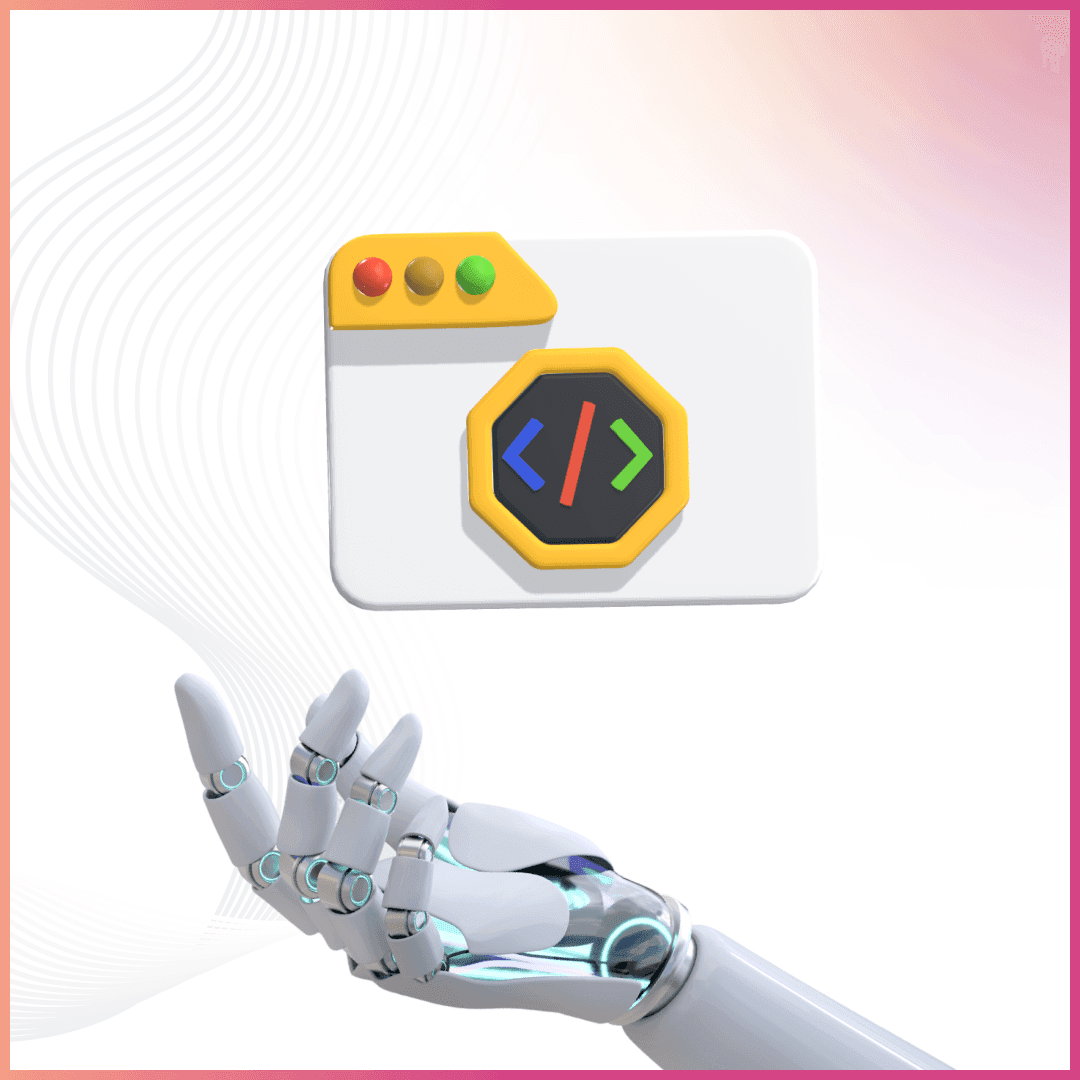In the evolving world of SaaS (Software as a Service), artificial intelligence (AI) has become a transformative force, enhancing efficiency and driving remarkable results. At UIUX Studio, we recognize the profound impact AI can have on SaaS products, from personalization and customer engagement to automation and design. Here’s a comprehensive guide on how AI is reshaping the SaaS landscape in 2024 and how you can leverage it for success.

AI’s Contribution to the SaaS Landscape in 2024
AI is becoming increasingly embedded in SaaS products, tech stacks, and workflows. It’s no longer a question of if, but how AI will transform the SaaS industry. According to a recent study by Gitnux:
- 83% of SaaS vendors plan to incorporate AI within the next year.
- AI usage in SaaS customer service is expected to rise by 183% in the next 18 months.
- Approximately 67% of SaaS companies found that AI strengthens their value proposition.
These statistics highlight the growing importance of AI in the SaaS industry and underscore the competitive advantage it provides.
5 Ways SaaS Companies Can Maximize AI-Driven Success
- AI-Driven Personalization
- Enhanced User Experience: AI enables hyper-personalized experiences, moving beyond simple tactics like including first names in emails to creating deeply resonant content that aligns with individual user preferences.
- Dynamic Content: AI can dynamically tailor website content, lifecycle marketing campaigns, and email campaigns to engage users more effectively.
- AI in Customer Engagement and Retention
- Understanding User Behavior: AI analyzes user behavior patterns to deliver tailored product experiences and optimize customer success strategies.
- Reducing Churn: AI-driven engagement strategies can mitigate customer churn by providing timely educational content and personalized support, turning customers into loyal advocates.
- AI-Powered Automation
- Streamlining Tasks: AI automates repetitive tasks such as data entry, report generation, and customer support, freeing up employees to focus on strategic initiatives.
- Efficiency in Operations: AI-powered tools like writing assistants and chatbots enhance productivity by handling routine tasks, improving overall operational efficiency.
- AI-Powered SaaS Design
- Innovative Design Solutions: AI assists in creating visually stunning and functional designs, optimizing user experiences while reducing costs.
- Scaling Design Operations: AI can generate on-brand designs for various channels, supporting omnichannel marketing campaigns and scaling advertising programs without compromising quality.
- Maximizing Scalability with AI
- Automating Processes: AI helps scale operations by automating complex workflows, analyzing large datasets for trends, and optimizing user experiences.
- Enhancing Productivity: AI-driven tools like chatbots and content repurposing workflows enable SaaS companies to scale their services and maintain high performance.
5 SaaS Companies Leveraging AI to Stay Ahead
- UIUX Studio
- Uses AI to scale design systems, creating extensive asset libraries and maintaining fresh, on-trend branding.
- Spotify
- Utilizes AI to create personalized listening experiences with features like Daylist, which generates dynamic playlists based on user behavior and time of day.
- Shopify
- Implements AI tools like Shopify Magic to enhance productivity and streamline ad creative processes.
- Grammarly
- Employs AI for advanced writing assistance, helping users write with specific sentiments and maintaining their unique voice.
- Semrush
- Leverages AI to repurpose written content into videos, enhancing SEO and saving time for content marketers.
The Roadblocks of AI in SaaS: Challenges Ahead
While AI offers tremendous benefits, there are challenges to consider:
- Intellectual Property and Data Privacy
- AI relies on user data, raising concerns about data privacy and the protection of intellectual property.
- Lack of Skilled Talent
- The demand for skilled AI professionals exceeds supply, making it difficult for SaaS companies to find the right talent.
- Striking the SaaS Balance
- Ensuring AI implementations are user-friendly, cost-effective, and scalable is crucial for long-term success.
The Next Wave: Future AI Trends in SaaS
In 2024, AI integration in SaaS will become more manageable and widespread. The rise of low-code and no-code platforms will democratize AI, allowing more businesses to harness its power without needing deep technical expertise.
Conclusion
AI is revolutionizing the SaaS industry, offering unparalleled opportunities for personalization, engagement, automation, and scalability. At UIUX Studio, we are dedicated to helping businesses leverage AI to enhance their SaaS products and achieve exceptional results. If you’re ready to explore the potential of AI in your SaaS operations, contact UIUX Studio today. Let’s work together to create innovative solutions that drive your business forward.






